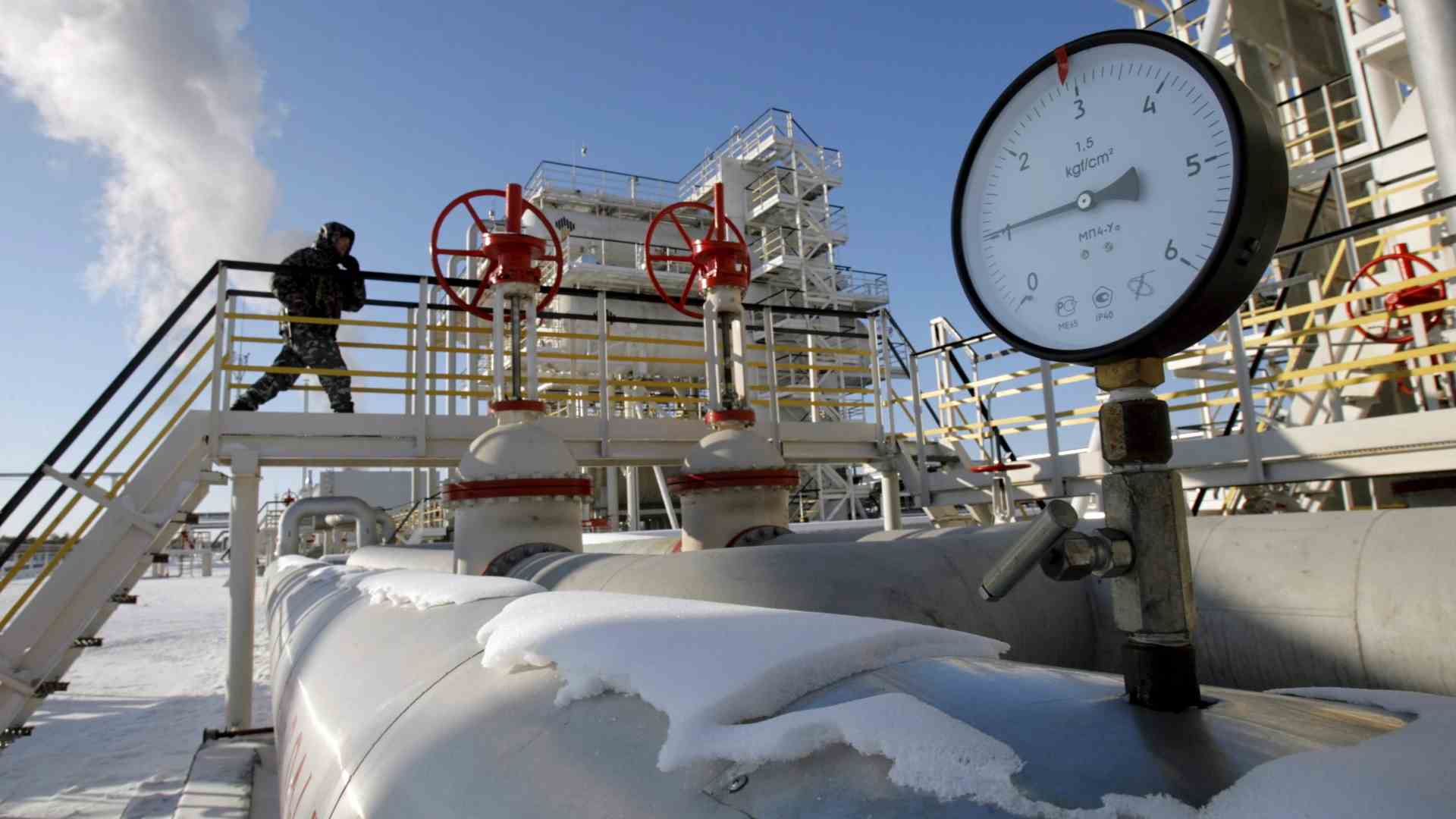FAQ
Status: 05/19/2022 12:24 p.m
The EU wants to decide on an import ban on Russian oil as soon as possible. But there is resistance from several member states. An alternative to the embargo would be import duties. Which measure works how?
The planned EU embargo on Russian oil aims to cut off a key source of funding for the Kremlin to spend on the war against Ukraine. However, the measure would also have severe consequences for the EU countries and their economies. That is why the introduction of tariffs on Russian oil is being discussed as an alternative.
Why are import duties being discussed now?
According to its own statements, the federal government has been examining import tariffs on Russian oil as a possible sanction against Russia for a long time. “The Federal Government’s examinations with regard to energy sanction instruments below the embargo threshold are ongoing,” said the Ministry of Economic Affairs in a response to a request from the Union faction at the beginning of May. According to this, sanction instruments below the embargo threshold included import tariffs or upper import price limits for Russian energy imports. Within the EU, there is resistance to an oil embargo, primarily from the Hungarian side. But Slovakia, the Czech Republic and Bulgaria also have reservations about stopping imports of Russian oil. The countries are heavily dependent on it and fear a collapse of their economy. Since there is no end in sight to the war in Ukraine, there are increasing calls within the EU to put pressure on Russia with additional measures and to make the financing of the war more difficult.
What is the fundamental difference between an embargo and import duties?
An oil embargo would result in a complete freeze on Russian oil supplies to EU countries. Russia would then no longer be able to sell oil to the EU. At the beginning of the year, Russia still sold half of its exports to the EU, but the proportion is now lower. In contrast, if tariffs were imposed on oil imports into the EU, the raw material would continue to flow. However, Russia would have to make payments in the form of customs duties to the buyer countries.
What direct consequences would an oil embargo have for Russia?
If the EU decides on an oil embargo, from the Russian point of view the income from oil sales in the EU would be completely eliminated. Since, according to experts, Russia cannot “divert” these oil quantities to other customers in the short term, the state would initially lack important revenues in dollars and euros. This would make financing the war more difficult for Russia. An effect that the EU is also aiming for with the embargo. However, Russia should hope that the shortage on the oil market will cause the world market price for the raw material to rise overall, so that the loss of income can at least be partially offset – even if the country could initially sell significantly less oil than before on the world market.
What consequences would an oil embargo have for the EU and Germany?
Germany has already reduced the share of Russian oil in total oil imports from around 35 to around 12 percent. An embargo would not mean that the German economy would have to do without oil or diesel, or that German consumers would have to do without heating oil or petrol. Other economies such as Hungary, the Czech Republic or Slovakia are more vulnerable to the consequences of an embargo and fear that their industry could “collapse”. Economists assume that in the event of an embargo, the prices for oil or oil products such as diesel, heating oil or petrol will rise on the world market and companies and consumers will therefore have to reckon with higher costs.
What would be the consequences of import duties for Russia and the EU?
Should Russia have to pay high tariffs on its oil exports to the EU – French government advisors, for example, have suggested 40 percent tariffs – this should also lead to rising prices. Because Russia would try to compensate for the customs payments by raising prices. From the point of view of economists such as Holger Görg from the Kiel Institute for the World Economy (IfW), tariffs tend to reduce demand for Russian oil. This means that Russia could no longer raise the price at will. According to the argument, tariffs hit the exporter harder than an embargo. In the event of tariffs, Russia would of course continue to generate income from oil sales to the EU. On the other hand, the EU countries would not have to fear any serious consequences for the economy and consumers from an abrupt halt to deliveries.
Which measure hits the Russian war economy hardest?
Immediate loss of income – as can be expected in the short term as a result of an oil embargo – would initially cause Russia’s foreign exchange earnings to drop noticeably. It is unclear to what extent rising world market prices for oil and the resulting higher income from other oil customers in Russia could mitigate this loss of income. In the case of import duties, the EU states would generate revenue that could in turn benefit Ukraine. Trust accounts are under discussion here, from which the reconstruction of the infrastructure in Ukraine can be financed, for example.

